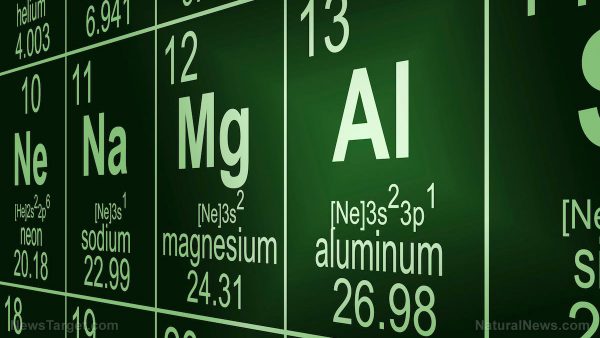December 17, 2017
(Natural News) It’s a well-known fact that even the smallest amount of aluminum, if found in a person’s brain tissue, can become a huge problem. There have also been many studies that look into how having high-levels of aluminum in brain tissue is correlated with neurological conditions such as Alzheimer’s disease. Now a new study puts the spotlight on autism spectrum disorder (ASD), and tests to see if there might be a connection between it and having high-levels of aluminum in the brain.
The study, which was first published in the Journal of Trace Elements in Medicine and Biology, shows some of the highest levels of aluminum ever recorded in human brain tissue. The data was gathered from the brains of 10 donors who had ASD. The study was lead by Dr. Christopher Exley, one of the world’s leading experts on aluminum toxicity, from Keele University.
Using a carefully-crafted two-pronged study method, the researchers of the study were able to measure and characterize aluminum deposits found in the brain tissues of the 10 ASD donors, most of whom reportedly died in their teens or twenties. The results of the study show “consistently high” aluminum levels based on data from both the quantitative component as well as its qualitative component, which is said to represent “some of the highest values for brain aluminum content ever measured in healthy or diseased tissues.”



